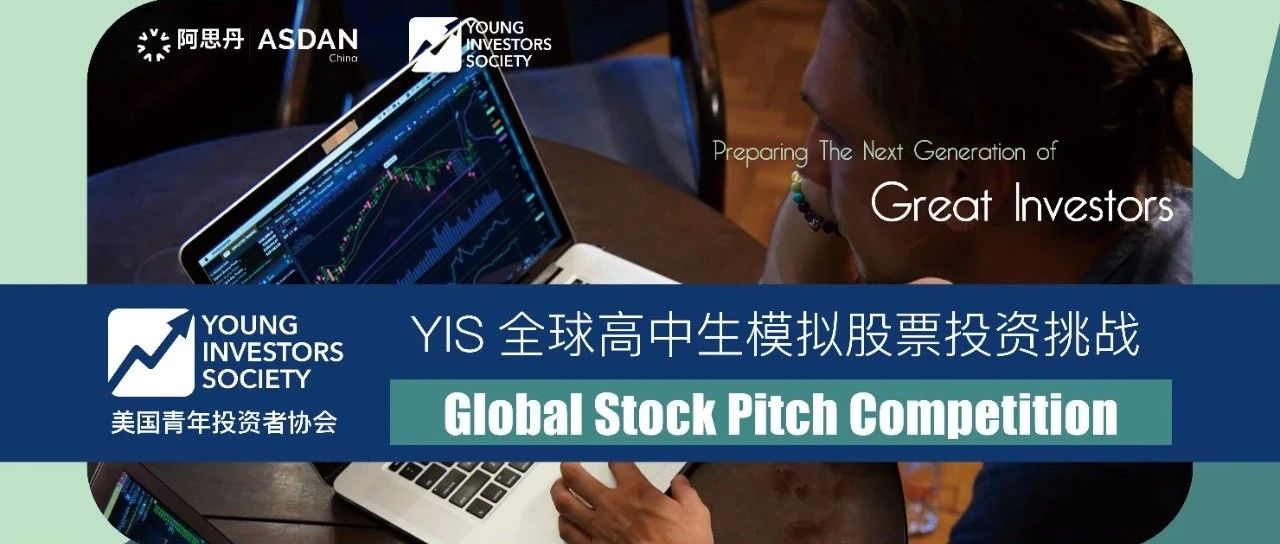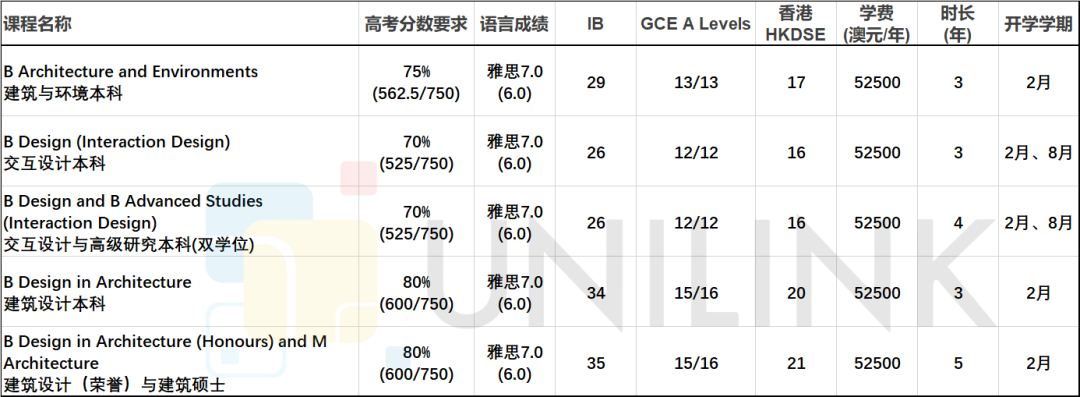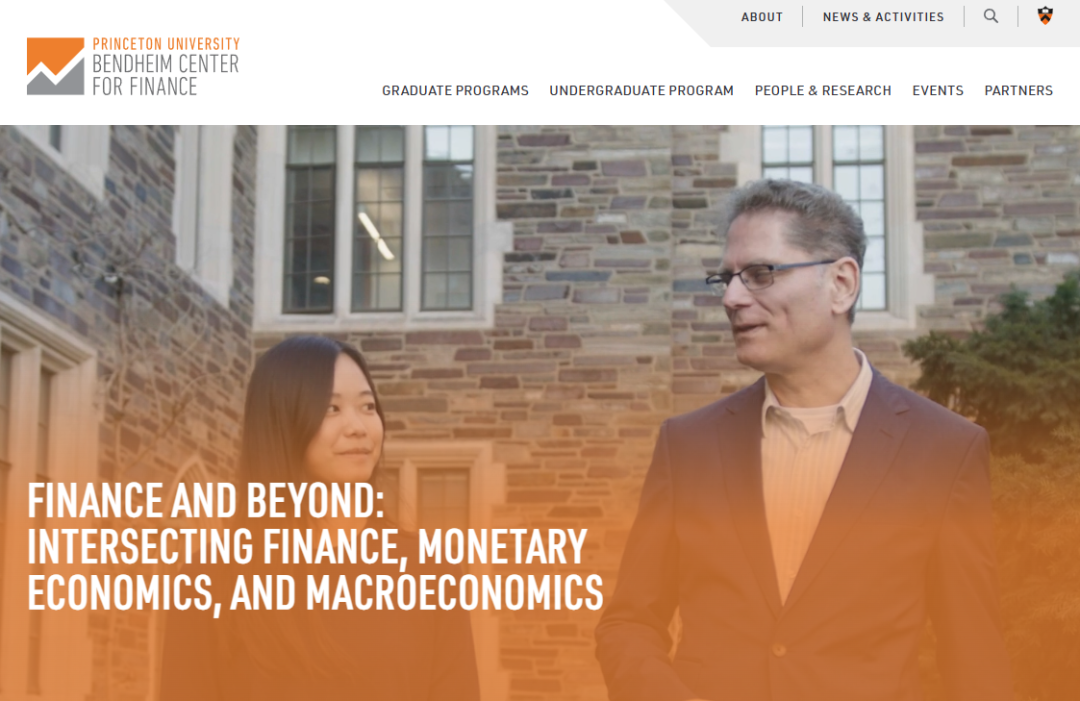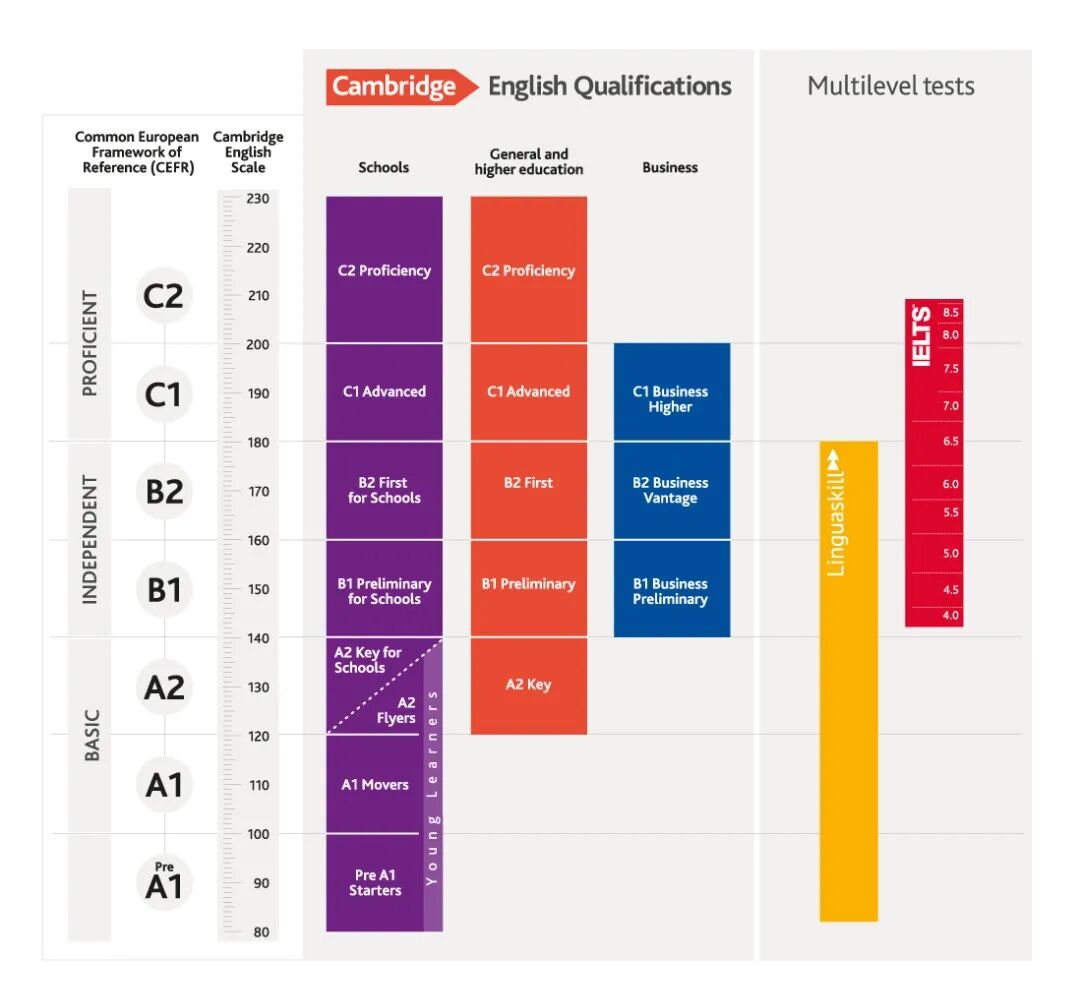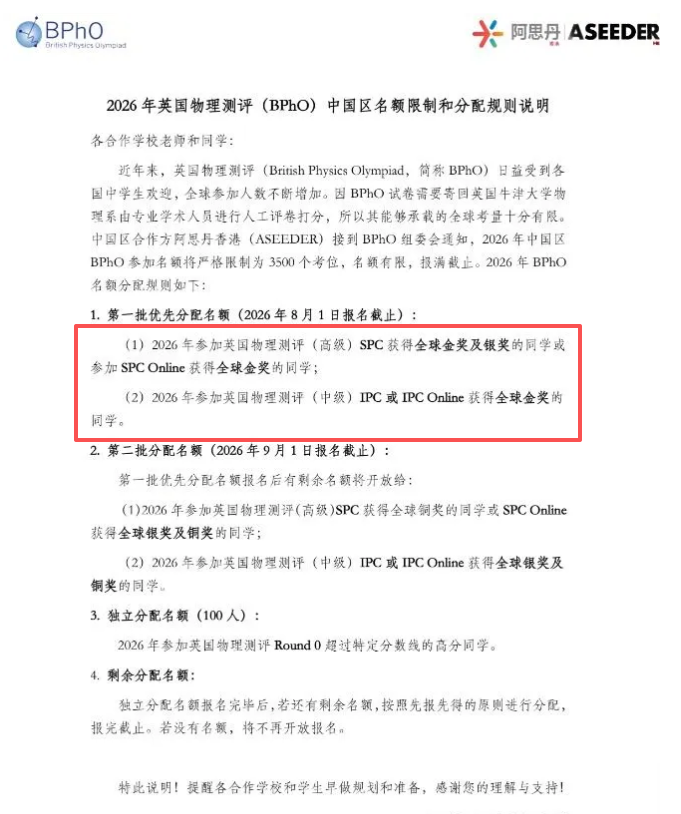在2025年世界学者杯第19期WSC Weekly栏目中,我们与小学者一起了解了什么是AI模型坍塌。在上期的趣味Quiz中,你是否找到了正确答案?现在就让我们一起来揭晓吧!
为什么感觉现在的AI越来越傻了?
Is artificial intelligence becoming dumber?
第19期Quiz答案揭晓:
Which of the following scenarios best illustrates the concept of “model collapse”?以下哪种情景最能说明 “模型坍塌 ”的概念?
A. A dog ate too much cookies and became allergic to them 一只狗吃了太多饼干而对产生它们过敏
B. A snake was so hungry that it started to eat its own tail 一条蛇饿得开始吃自己的尾巴
C. A balloon broke due to too much pressure 气球因压力太大而破裂
D. A student studied too hard that his cognitive function was damaged 一个学生学习太刻苦,导致认知功能受损
E. A computer that blew up due to high CPU temperature CPU温度过高导致电脑爆炸
正确答案:B
Key: B
2025年第20期
Weekly Intro
一个人的独处或许能带来心灵的宁静以及生活的自理能力,但你能想象...29年里一直待在狭小、无窗的房间中,与外界无任何沟通接触的生活吗?
本期Weely将基于囚犯的研究揭晓长期独处的多重危害:从监狱社交剥夺到大脑不可逆性创伤,带你认识社交隔离的代价!
2025 No.20
孤单不仅伤心,而且伤脑?
How does social isolation damage our brain?
独处改变大脑
长时间独处可能令人感到难熬,这是大多数人都知道的常识。但科学家们正在发现,社交隔离带来的影响远远超出了孤独本身。长时间缺乏人际接触实际上会重塑大脑,引起结构、化学和功能上的变化,而这些变化可能是长期的,甚至是不可逆的。
从情绪衰退到记忆力下降和认知障碍,社交隔离的影响触及了我们身份认同的核心。科学研究的结果也在提醒社会重新思考如何对待那些被孤立的人,无论是在监狱牢房、养老机构,还是在其他看不见的角落。
Most people understand that being alone for long periods can feel difficult. But scientists are discovering that the effects of social isolation go far beyond loneliness. Prolonged periods without human contact can actually reshape the brain—causing changes in structure, chemistry, and function that may be long-lasting, even irreversible.From emotional decline to memory loss and cognitive impairment, the impact of isolation reaches deep into the core of who we are.As the science becomes clearer, so too does the moral imperative to rethink how we treat those we isolate, whether in prison cells, elder care homes, or beyond.
基于囚犯的研究
美国监狱系统提供了社交隔离危害的最典型的例证之一。每年,有数以万计(主要是男性)的人被关押在单独监禁中。他们每天最多有 23 小时独自一人待在狭小、无窗的牢房里,几乎与外界没有任何接触。近年来,神经科学家、活动人士和曾经的囚犯们共同揭示了这种隔离形式的严重后果。
在一次神经科学学会的会议上,研究人员展示了证据:长期的社交剥夺不仅引发心理痛苦,还会对大脑造成物理性的伤害。“安哥拉三人组”(Angola Three)之一的罗伯特·金(Robert King)曾在路易斯安那州的一所监狱中独自关押了 29 年。
他在会议上说,这段经历极具扭曲性:“无论你外表看起来多么正常,你的精神状态都不是正常的。”虽然金通过关注自己遭受的不公正待遇来维持自己的信念,但他依然无法逃脱神经系统损伤带来的后果。他的记忆力和方向感受损,甚至有一段时间失去了识别面孔的能力,这可能是大脑某些区域因长期得不到使用而萎缩的后果。
One of the most striking examples comes from the U.S. prison system.Each year, tens of thousands of people (mostly men) are held in solitary confinement. They spend up to 23 hours a day alone in small, windowless cells with almost no human contact. Neuroscientists, activists, and former prisoners have come together in recent years to highlight just how damaging this form of isolation can be. At a recent Society for Neuroscience meeting,researchers shared evidence that prolonged social deprivation causes not just psychological distress but physical harm to the brain. Robert King, one of the “Angola Three,” spent 29 years in solitary confinement in a Louisiana prison. Speaking at the event, he described the experience as profoundly warping, saying, “No matter how you appear on the outside, you are not sane.” While King maintained his sense of purpose by focusing on the injustice of his imprisonment, even he did not escape neurological consequences. His memory and sense of direction are impaired, and at one point, he temporarily lost the ability to recognize faces, which is likely the result of brain regions atrophying from disuse.
单独监禁的恶性循环
科学家解释说,金的症状反映了海马体的受损。海马体是负责记忆、空间感知和情绪调节的大脑区域。长期社交隔离会激发压力反应,使身体释放大量的皮质醇,而高浓度的皮质醇会导致海马体萎缩并削弱其功能。这会形成一个恶性循环:隔离引发压力,压力损害记忆和情绪调节,认知受损又加深绝望感。抑郁和焦虑通常紧随其后,这些也会进一步破坏大脑结构和功能。
在极端情况下,人们甚至可能出现幻觉、情感麻木,或类似精神病的症状。若再加上感官剥夺,比如身处黑暗或缺乏特征的环境,破坏就更加严重。缺乏自然光和日常声音会扰乱人体的昼夜节律,而昼夜节律调控着睡眠和激素周期,从而进一步削弱心理健康。神经科学家胡达·阿基尔(Huda Akil)指出:“社交剥夺对大脑结构和功能是有害的,感官剥夺和昼夜节律失调也是有害的。”换句话说,单独监禁会从多个方向同时攻击大脑。
Scientists explained that King’s symptoms reflectdamage to the hippocampus, the part of the brain involved in memory, spatial awareness, and emotional regulation. Chronic social isolation triggers stress responses that flood the body with cortisol, a hormone that, in high levels, can shrink the hippocampus and weaken its function.This can create a vicious cycle: isolation causes stress, stress damages memory and mood regulation, and impaired cognition deepens feelings of despair.Depression and anxiety commonly follow, which further harm brain structures and processes.In extreme cases, people can experience hallucinations, emotional numbness, and symptoms resembling psychosis. Sensory deprivation such as living in dark or featureless environments adds another layer of damage. Without exposure to natural light and everyday sounds, people’s circadian rhythms (which regulate sleep and hormone cycles) become disrupted, further weakening mental health. According to neuroscientist Huda Akil, “Social deprivation is bad for brain structure and function. Sensory deprivation is bad. Circadian dysregulation is bad.”In other words, solitary confinement attacks the brain from multiple directions at once.
作为社交器官的大脑
动物实验也支持这些发现。神经科学家理查德·斯迈恩(Richard Smeyne)发现,仅仅一个月的社交隔离就能让小鼠大脑中感官和运动区域的神经元缩小 20%。如果人类的大脑也发生类似变化,就可以解释为什么长期被隔离的人不仅在思考和记忆方面出现问题,连基本的行动和任务执行也会困难。重要的是,社交隔离的影响并不限于监狱。
研究显示,即便是较轻程度的孤独,比如一个人生活或觉得与他人社交疏离,也可能带来重大健康风险。感到孤立的人早亡风险高出 26%,更容易患心脏病、高血压、炎症性疾病,甚至自杀。事实证明,大脑是一个社交器官,它通过我们与他人互动而得到塑造,也会因缺乏互动而受损。
Animal studies support these findings. Neuroscientist Richard Smeyne found that after just one month of social isolation, mice showed a 20 percent shrinkage in neurons in sensory and motor areas of the brain. If similar changes happen in humans, it could explain why long-term isolated individuals show difficulty not just with thinking and memory, but with even basic tasks and movement. Importantly, the effects of social isolation are not limited to prisons. Research shows that even less extreme forms of loneliness, like living alone or feeling cut off from others, can carry significant health risks. People who feel socially isolated have a 26% higher risk of premature death. They are more prone to heart disease, high blood pressure, inflammation, and suicide.The brain, it turns out, is a social organ, shaped by interaction and damaged by its absence.
孤独的代价不可逆
那么,大脑能从这种隔离中恢复吗?这个问题目前尚无定论。虽然部分影响可能是可逆的,但研究人员认为其伤害可能是永久性的,特别是经历多年或几十年的社交剥夺。大脑会适应孤立的生存状态,但代价可能是认知和情绪系统的永久性重构。尽管前景不容乐观,仍有希望的迹象。罗伯特·金认为,他之所以能保持精神清醒,是因为他投入到更大的目标——争取正义与监狱改革之中。心理学家斯蒂芬妮·卡乔波指出(Stephanie Cacioppo):“集体认同能在一定程度上保护人免于孤独。”换句话说,即便只是心理上感到自己属于某个更大的目标,也能够增强我们的心理韧性。
Can the brain heal from such isolation? That remains an open question. While some effects may be partially reversible, researchers believe that prolonged deprivation—especially over years or decades—leaves lasting scars.The brain adapts to survive under solitary conditions, but the cost may be a permanent rewiring of cognition and emotion.Despite the grim picture, there are signs of hope. King believes his ability to connect with a larger cause—the fight for justice and prison reform—helped preserve his mind. Psychologist Stephanie Cacioppo noted that“collective identity is protective against individual loneliness.” In other words, belonging to something bigger than oneself, even if only mentally, can offer psychological resilience.
Weekly关键词 Key Words
►social isolation 社交隔离
所属话题
# The Generative Area: A Mind for Imagination
相关阅读
https://www.scientificamerican.com/article/neuroscientists-make-a-case-against-solitary-confinement/
Weekly FUN Quiz
相信现在你已经知道了“社交隔离会产生什么负面影响”!那就快来参与本期Weekly FUN Quiz👇,告诉老师你的答案吧!
Quiz
Which of the following CANNOT help reduce the negative impact of confinement on prisoner’s brain ?以下哪个选项无助于减少监禁对囚犯大脑的负面影响?
A. Keep two prisoners in one cell room 将两名囚犯关在一间牢房里
B. Allow prisoners to keep pet 允许囚犯饲养宠物
C. Assign reading assignments to prisoners 给囚犯布置阅读任务
D. Improve the sound insulation of cell room 改善牢房的隔音效果
E. Encourage prisoners to play basketball 鼓励囚犯打篮球
To WSC Scholars:
本期Weekly Quiz正确答案将在专栏下期推文中揭晓!欢迎小学者们关注服务号,进入“WSC Weekly”专栏,此栏目将会持续陪伴小学者们,分享更多WSC趣味学术知识!





